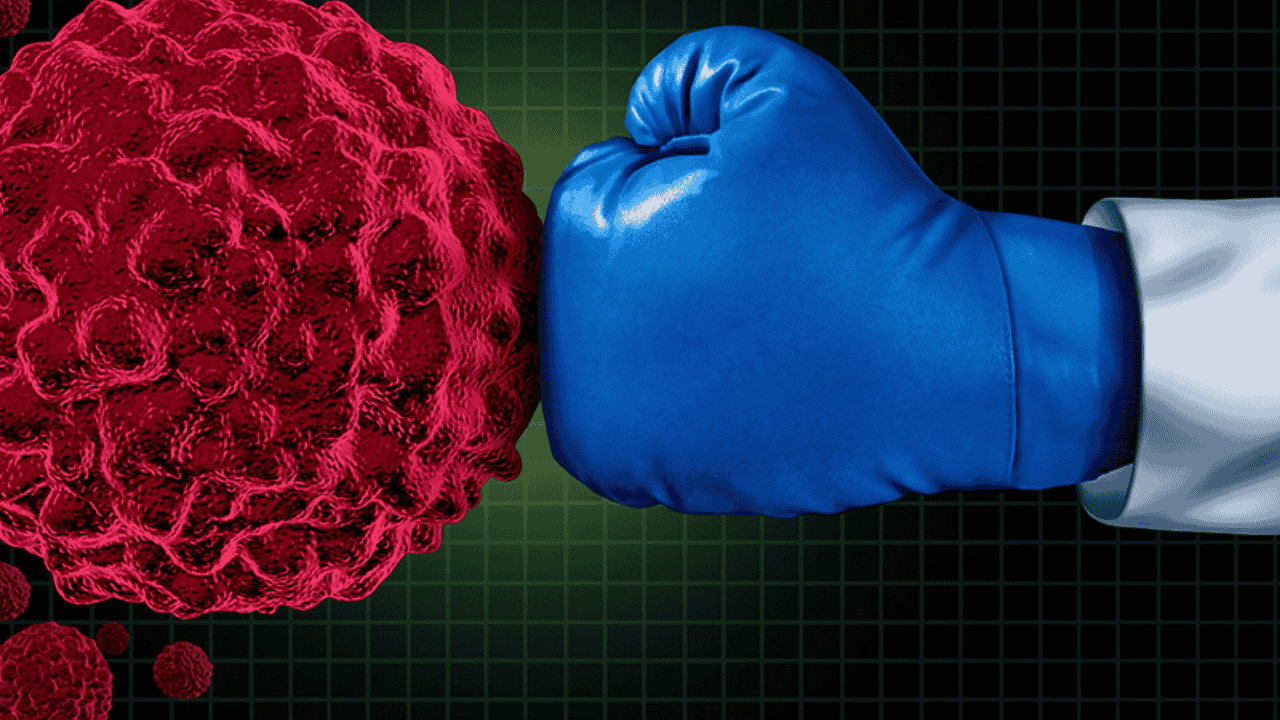Risk-Reduction Practices to Avoid Cancer

Cancer is one of the most pressing health challenges globally, with millions of new cases diagnosed every year. Yet, the silver lining is that a significant percentage of cancers are preventable through lifestyle changes and proactive measures. By understanding the factors that contribute to cancer and adopting risk-reduction practices, we can all take meaningful steps toward safeguarding our health.
Understanding Cancer Risk Factors
Cancer doesn’t happen overnight. It develops over time due to a combination of factors. These can be grouped into:
1. Non-Modifiable Factors
- Age: The risk of cancer increases with age as cells undergo wear and tear over time.
- Genetics: A family history of cancer can raise your likelihood of developing certain types of cancer, such as breast or colorectal cancer.
2. Modifiable Factors
- Lifestyle Choices: Smoking, diet, physical activity, and alcohol consumption.
- Environmental Exposures: Pollution, chemicals, or prolonged exposure to the sun.
While non-modifiable factors are beyond our control, focusing on the modifiable ones can significantly reduce the risk of developing cancer.
Risk-Reduction Practices
1. Quit Tobacco—A Lifesaving Move
Tobacco is responsible for over 26% of cancer deaths worldwide, making it the single largest preventable cause of cancer.
- Smoking: Increases the risk of lung, throat, and bladder cancer. Quitting smoking, even later in life, can drastically reduce your chances of developing cancer.
- Chewing Tobacco: Common in India, smokeless tobacco is linked to oral and pancreatic cancers.
- Secondhand Smoke: Avoid environments with tobacco smoke to protect yourself and your loved ones.
2. Eat a Balanced and Nutritious Diet
A healthy diet plays a pivotal role in cancer prevention. Certain foods contain antioxidants and nutrients that help fight cell damage and inflammation.
- Include More: Leafy greens, berries, whole grains, and legumes.
- Limit: Processed and red meats, sugar-laden foods, and heavily fried items.
- Add Superfoods: Turmeric, with its active ingredient curcumin, has anti-inflammatory properties and is widely used in Indian cuisine.
3. Stay Physically Active
Regular exercise helps maintain a healthy weight, reducing the risk of cancers such as breast, colorectal, and endometrial cancer. The World Health Organization (WHO) recommends at least 150 minutes of moderate activity per week.
- Simple Steps: Walking, cycling, yoga, or swimming.
- Incorporate Movement: Use stairs instead of elevators or take short walking breaks during your workday.
4. Limit Alcohol Consumption
Excessive alcohol intake is linked to cancers of the liver, mouth, esophagus, and breast. Limiting alcohol to moderate levels (one drink per day for women, two for men) can significantly lower your risk.
5. Protect Yourself from the Sun
Skin cancer, though less prevalent in India compared to the West, remains a concern.
- Use Sunscreen: Apply a broad-spectrum sunscreen (SPF 30 or higher) daily, even on cloudy days.
- Cover Up: Wear hats and long sleeves when outdoors.
- Avoid Peak Hours: Minimize direct sun exposure between 10 a.m. and 4 p.m.
6. Get Vaccinated
Certain infections increase the risk of cancer. Vaccinations can help prevent these:
- HPV (Human Papillomavirus): Prevents cervical and other cancers.
- Hepatitis B: Reduces the risk of liver cancer.
7. Prioritize Regular Screenings
Early detection is critical in reducing cancer mortality rates. Screenings can identify precancerous changes or early-stage cancers, improving treatment outcomes.
- For Women: Mammograms, Pap smears, and breast self-exams.
- For Men: PSA tests for prostate cancer and regular check-ups for testicular abnormalities.
- General: Colonoscopies, skin checks, and lung scans based on individual risk factors.
The Role of Stress Management in Cancer Prevention
Chronic stress can weaken the immune system, making the body more susceptible to illnesses, including cancer. While stress alone doesn’t cause cancer, it may contribute to unhealthy coping mechanisms like smoking, overeating, or excessive drinking.
- Practice Mindfulness: Meditation, deep breathing exercises, or yoga.
- Stay Connected: Engage with family and friends for emotional support.
- Pursue Hobbies: Activities like reading, painting, or gardening can help alleviate stress.
Myths vs. Facts: Debunking Cancer Risk Misconceptions
- Myth: Only smokers get lung cancer.
Fact: Non-smokers can also develop lung cancer due to air pollution or secondhand smoke exposure. - Myth: Superfoods alone can prevent cancer.
Fact: While nutritious foods are important, a holistic approach including exercise and avoiding carcinogens is essential.
By separating fact from fiction, you can make informed choices about your health.
Prevention Starts With You
Cancer is a complex disease, but proactive measures can significantly reduce your risk. By quitting tobacco, maintaining a healthy lifestyle, and staying vigilant with regular screenings, you can take control of your health and prevent many forms of cancer.
KKR Hospital is dedicated to empowering individuals with knowledge and resources to live healthier, cancer-free lives. Start your journey toward prevention today, because the best way to fight cancer is to prevent it.
